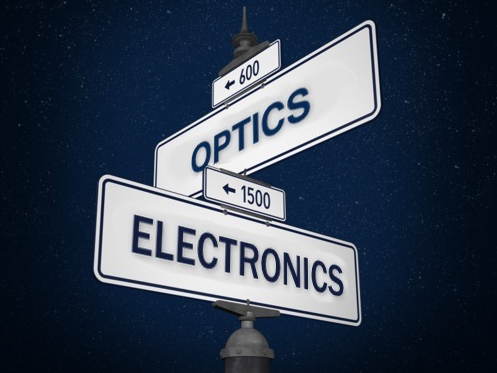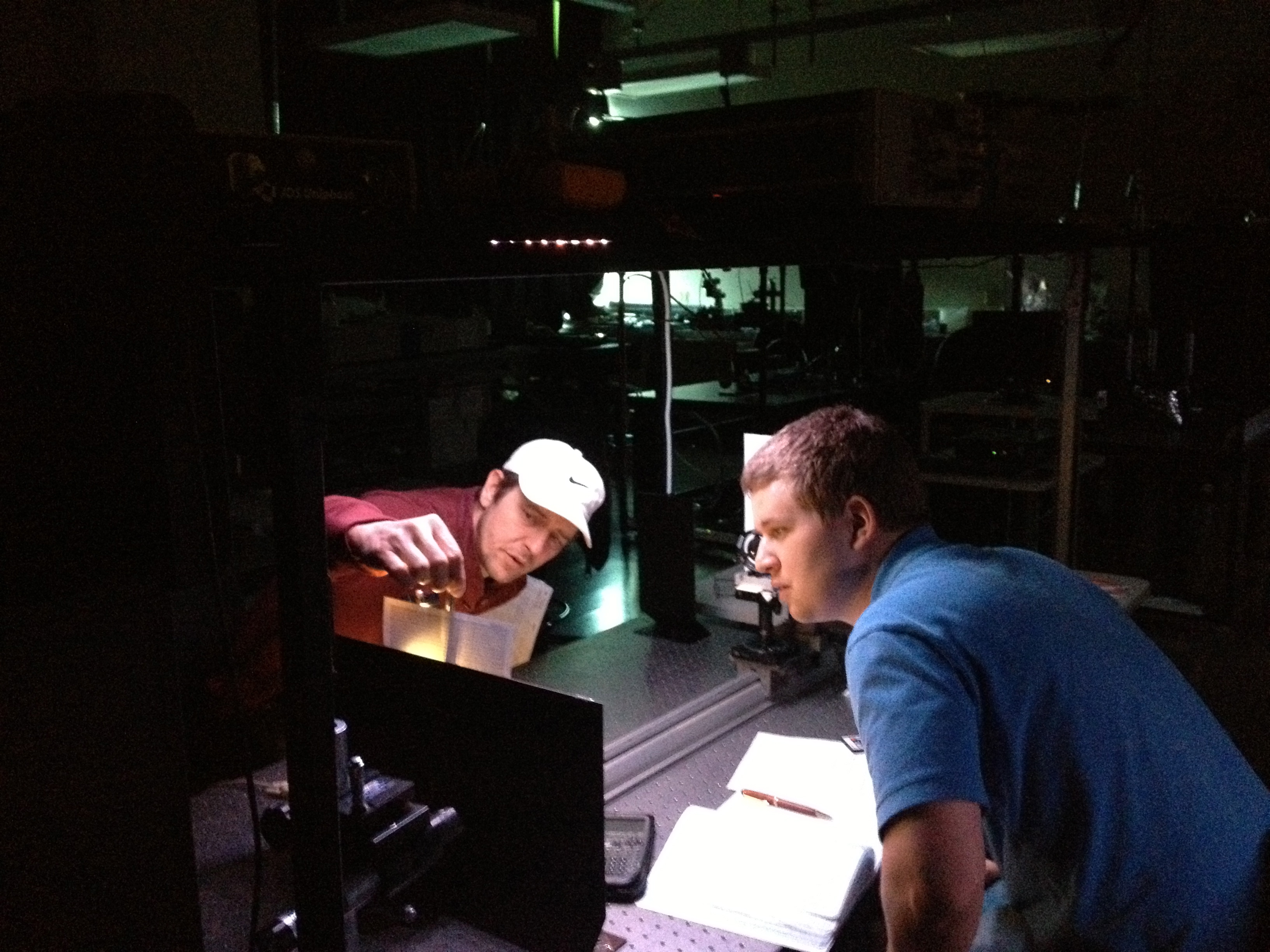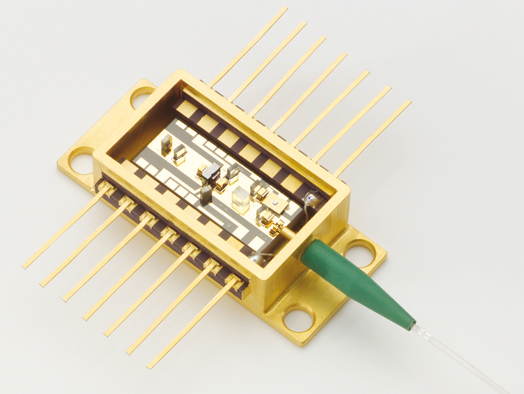What is optical engineering, anyway?

Optical engineering is at the intersection of optics and electronics. In general, electrical engineers deal with electrons and optics dudes handle photons. However, at some point the electrons need to be converted to photons (e.g., an LED) or the photons need to become electrons (e.g., a photoelectric detector). A good optical engineer engineer can select lenses to maximize the number of photons collected, specify the best type of optical detector for the application, and know how to amplify the resulting signal.
How does it work academically?

There are three possibilities
- Dual Major in Optical Engineering
- Minor in Physics
- Emphasis in BSEE or BSEET
Dual Major in Optical Engineering
The dual major option is available to students pursing a BS in an ABET-accredited engineering major. You can get a dual major in optical engineering by completing 40 credits. These courses may be used to complete requirements in both the primary and optical engineering majors. In the specific case of the EE/EET majors only six additional courses are required:
and These classes are typically taken in the junior and senior years, but the classes can be started as soon as you have finished a year of calculus-based physics. None of the first three classes depends upon one another, so you can start at any time. The second year sequence (451,452,453) requires completing the physical optics course EE/PHY 450. You will also need to include optical engineering as a significant portion of your senior capstone project.Minor in Physics
A minor in applied physics is achieved by taking
- PHY 221, 222, 223 - General Physics w/ Calculus
- MATH 254N - Vector Calculus I
- MATH 321 - Applied Differential Equations I
and 12 credits in optics sequence (PHY 448, PHY 449, PHY 450, PHY 451, PHY 452, PHY 453). Only six of these credits can also be used to fulfill the requirements needed for your major. Students wishing to pursue the minor in Applied Physics should consult with the physics faculty in the Natural Sciences Department for advising.
Emphasis in Optical Engineering
Just complete three of the optical engineering courses.
Why optical engineering now?

Because there is so much going on! Just look at your phone: it has a camera that collects photons and a display that emits photons. This is possible because miniaturization of components has reduced prices and simultaneously increased performance and capabilities. With each new photonic element, new devices can be imagined and built by anyone who knows how to manipulate photons in the right way.